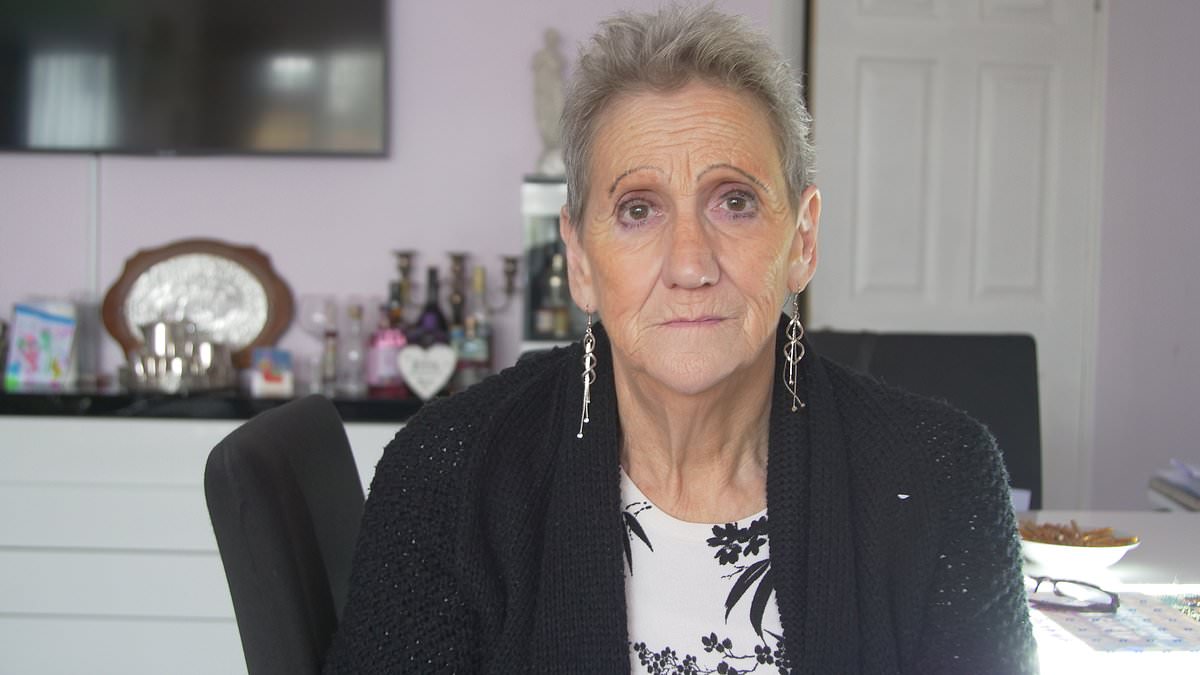Nyrah Saleem, a London based clinical pharmacist and prescriber, took to her TikTok channel to warn that excessive urination could ring alarm bells.
The pharmacist said that peeing “a lot”, especially during the nighttime, is one of the tell-tale signs.
Diabetes.co.uk explains that patients can pass more than three litres of urine a day, compared to the “normal” daily output recorded at around one to two litres.
Similarly to other diabetes symptoms, polyuria is triggered by “abnormally high” blood sugar levels.
Diabetes.co.uk explains: “Not all of the sugar can be reabsorbed and some of this excess glucose from the blood ends up in the urine where it draws more water.
“This results in unusually large volumes of urine.”
The health portal recommends making a note of how much you drink; how often you pee and how much urine you produce every time you go to the loo, if you feel like you might have polyuria.
Once you identify the large frequency and excessive amounts of urine, it’s worth speaking to your doctor.
“You should consult your doctor if you have excessive urination over several days that cannot be explained by an increase in fluids or medications,” Diabetes.co.uk adds.
Apart from excessive urination, the pharmacist also recommended looking out for the following diabetes signs:
- Extreme thirst (feeling extremely thirsty or dehydrated from urinating)
- Weight loss (losing a lot of weight despite doing no exercise)
- Slow wound healing (whenever you cut yourself, your wounds heal very slowly)
- Tingling (or numbing sensations in your hands or feet).










